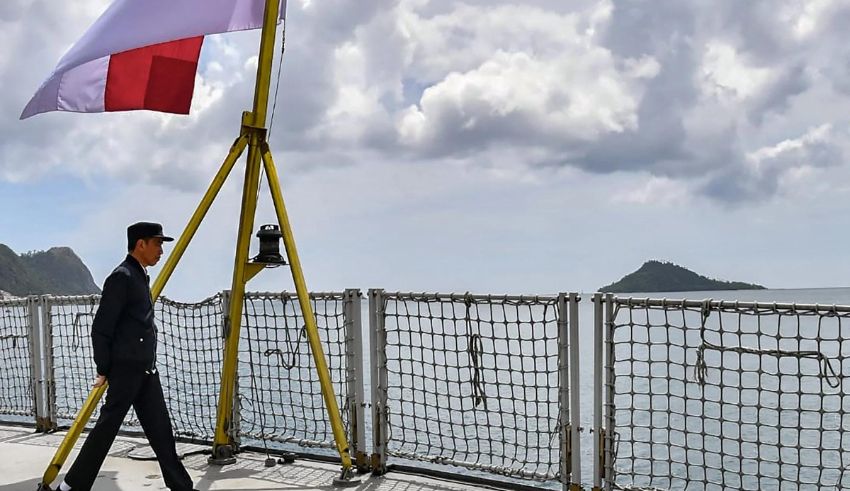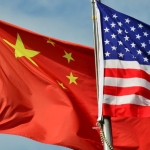
The South China Sea, a crucial maritime corridor dotted with disputed territories, has long been a source of tension among bordering nations. For Indonesia, the presence of China in these waters has been perceived as a looming threat to regional stability and sovereignty.
Indonesia’s Maritime Concerns
Indonesia’s apprehension stems from a series of incidents that have highlighted the precarious nature of its maritime boundaries. The country’s exclusive economic zone (EEZ) in the North Natuna Sea overlaps with China’s expansive ‘nine-dash line’ claim, which Beijing uses to assert control over nearly 90% of the South China Sea. This overlap has led to skirmishes, most notably in December 2022, when China dispatched its largest coast guard vessel to patrol the area.
A recent survey by the Indonesia Strategic and Defence Studies (ISDS) revealed that over 73% of Indonesians view China’s activities in the South China Sea as a direct threat. This sentiment is echoed by Indonesia’s top military and diplomatic officials, who advocate for stronger diplomacy and regional alliances to safeguard Jakarta’s sovereignty.
Keep Reading
The Diplomatic Tightrope
Indonesia’s response to China’s assertiveness has been multifaceted. On one hand, it has taken aggressive steps, such as conducting naval exercises near the contested Natuna Islands and rejecting Beijing’s maritime claims through diplomatic notes to the United Nations¹. On the other hand, Indonesia must balance these actions with its growing defense cooperation with China, highlighting the delicate act of maintaining regional peace while asserting national interests¹.
The question of why Indonesians view China as a threat to the South China Sea is rooted in a history of territorial disputes and recent aggressive maneuvers by Beijing. As Indonesia continues to navigate these troubled waters, its actions will not only define its own maritime security but also contribute to the broader narrative of sovereignty and cooperation in Southeast Asia.



























